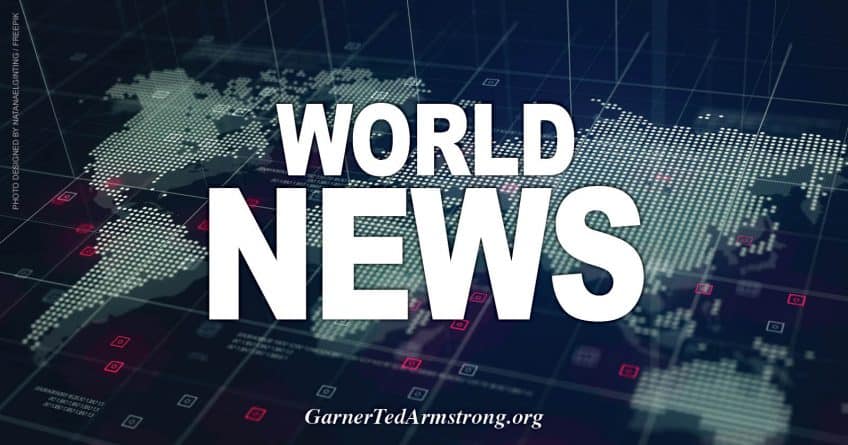The theme for this year’s World Economic Forum (WEF) at Davos is ‘Globalization 4.0 – Shaping a global architecture in the age of the fourth industrial revolution’. That may sound like a daunting challenge for business and world leaders, but it’s a vital one for all of us to tackle as we continue to face an increasingly complex and fast-moving landscape within business, politics and wider society.
In reality, we are only just beginning our Globalization 4.0 journey, and we cannot predict the disruptions that are to come, nor the magnitude of the changes. But what we do know is that technology has a key role to play in making society more resilient to global threats and uncertainties; from using quantum-inspired computing – like our Digital Annealer technology – to solve complex optimization problems currently out of reach of standard computers, to employing analytics and AI to deliver more proactive security protection – like our intelligent security services.
Technology like our Digital Annealer holds enormous potential for a number of industries, for example, the global financial system, while our Zinrai AI platform can detect previously unknown threats by identifying unfamiliar patterns in visualized data. These are just two examples of how technology can help to bring clarity and stability in uncertain ecosystems. There are many other applications of digital innovations that will help organizations and wider society thrive in the face of uncertainty and disruption.
Organizations must work together in the face of change, for the benefit of society
It is true that our world has reached a level of complexity like nothing we’ve seen before, driven by globalization and hyper-connectivity. In the face of this complexity, business leaders must be asking critical questions of their organizations, for example, how can we protect critical infrastructure? How can we encourage cross-business, cross-industry and cross-national collaboration to ensure a more resilient society? And what governance and commercial models are needed to make our world more resilient?
Looking outside the realm of business challenges, we are also experiencing a world in which natural disasters are becoming increasingly common; from earthquakes, floods, fires, tsunamis, cyclones, and other extreme weather events. Organizations have a significant responsibility to mitigate these threats, by protecting vital infrastructure, ensuring stable food supply, providing robust healthcare systems and managing the distribution of much-needed resources. Thankfully, strides are already being made in this space and emerging innovations are only going to bolster organizations’ capabilities. For example, Fujitsu’s high-performance computing solutions are helping organizations build more resistance to natural disasters and prevent and mitigate the damage, while our agriculture cloud service Akisai is helping businesses increase farming productivity as well as deliver greater efficiency into the food supply chain.
Working together to safeguard society
An event like the World Economic Forum is the perfect opportunity for business leaders to come together and find ways that we can all safeguard society, to help make it more resilient. We all hold enormous responsibility, and we must look to new technology innovations to deliver this resilience; it’s a key part of our business vision at Fujitsu and something that I personally believe will help us to manage the key environmental systems – climate, ocean, and biosphere – upon which our societies and economies depend.
[Disclaimer]











